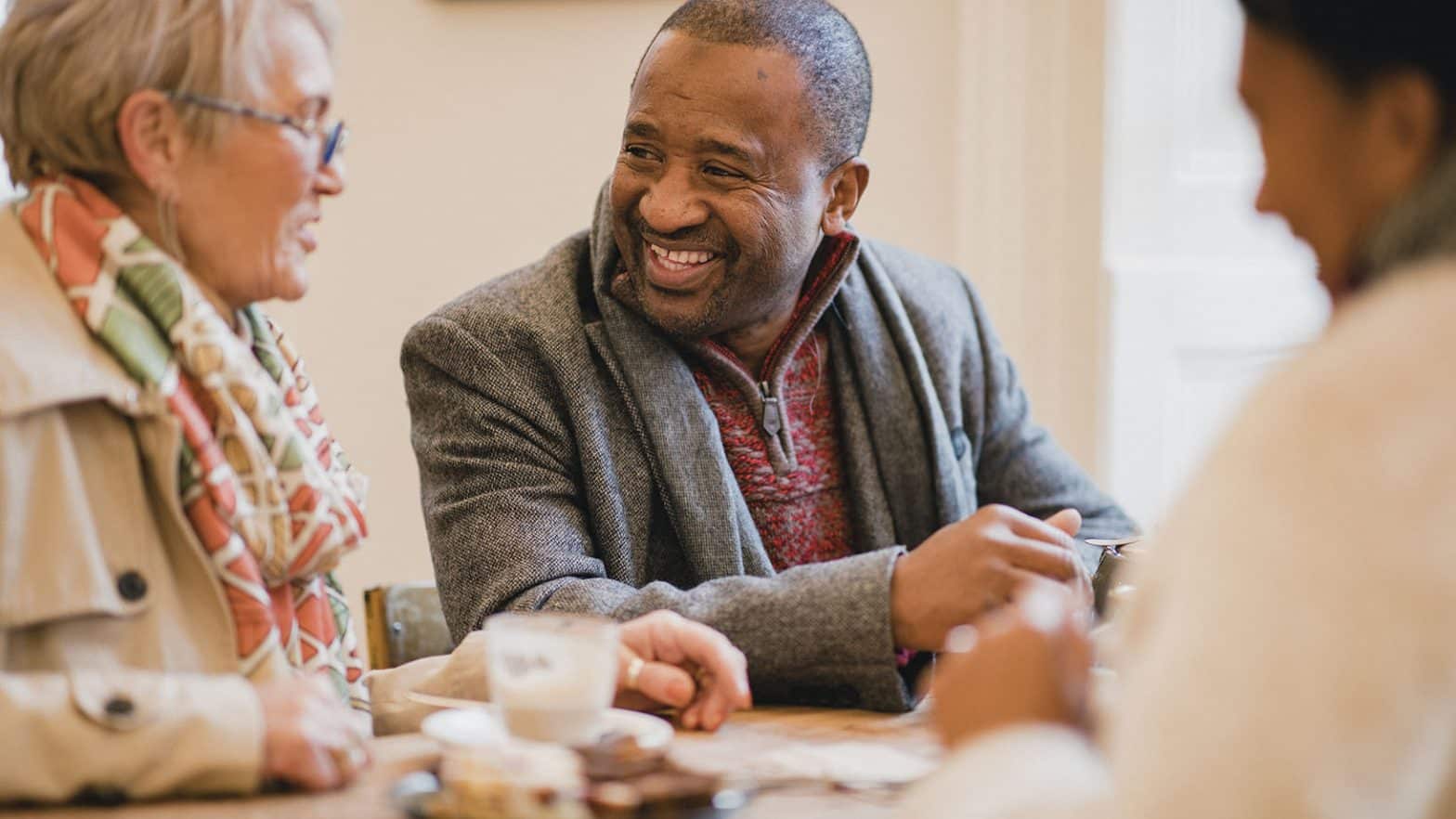
Being a trustee – do you have what it takes?
Most adults, so long as they have mental capacity, can become a trustee. The question is, should you? The role of a trustee is not one to be taken lightly, it is a formal appointment with specific responsibilities.
Trustees must always act in good faith. They have a personal obligation to act in the best interests of the trust and the beneficiaries with loyalty, honesty, integrity and transparency. These are known as ‘fiduciary duties’ and any trustee who acts in breach of them risks personal liability for the consequences.
Before accepting the role, a trustee should understand the obligations that come with it.
What does a trustee have to do?
It is vital that trustees manage the trust correctly, Some of the responsibilities include:
- managing the trust in accordance with the terms of the trust deed
- acting impartially between the beneficiaries – all beneficiaries should be considered when decisions are made
- keeping accurate accounting records of the trust, and being prepared to provide them to beneficiaries on request
- tax compliance – including preparing trust tax returns and inheritance tax returns and ensuring tax liabilities are paid before deadlines
- taking reasonable care in relation to investment of trust funds
Depending on the complexity of the trust, making sure the trust is managed correctly can be very time consuming and become quite an administrative burden.
We all lead busy lives and the management of a trust may, understandably, not be the top of your to do list. It is all too easy to let things slip, which could result in key trust dates, such as the coming of age of a beneficiary or a 10 year anniversary, being missed and the trustees becoming liable for tax penalties.
A trustee’s challenges are not always limited to day to day administration of the trust. Quite often, the dynamics of the trust can be complicated, especially if there is a personal connection between the parties involved.
For example, you may have been appointed as a trustee of your parent’s Will Trust of which your brother is a beneficiary. He often puts you under pressure to provide him with financial support, even though you know he cannot be trusted with large sums of money.
As a trustee, you have a duty to protect the underlying assets of the trust and that fiduciary obligation has to override your personal relationships. This can be a very difficult situation to find yourself in and it may ultimately put a strain on your relationships with family members.
Is there another way?
Yes, there is. Trustees do not have to be individuals. Our Trust Corporation, Cripps Trust Corporation Limited (CTC), is run by the partners in our private client team.
It is possible to appoint a trust corporation as a professional trustee to act alongside you and take some, or all, of the responsibility.
If you would like Cripps to take on the administrative burden of the management of a trust, our dedicated team of Trust Managers, who specialise in all aspects of trust administration, would be able to help.
Similarly, if the dynamics of the trustee/beneficiary relationship are causing strain, it can be helpful to have a professional trustee on board to act as an independent voice in a complex family situation.
Finally, trusts can continue for many years (the usual trust period is 125 years!) so if the trust continues for a long time, it is unlikely that you will be able to act as a trustee throughout. A corporate trusteeship, on the other hand can exist indefinitely and provide you with consistent management.
How we can help
If you would like more advice on the administration of trusts or how to appoint CTC as a trustee, please contact Sarah Harman.





 Download PDF
Download PDF
